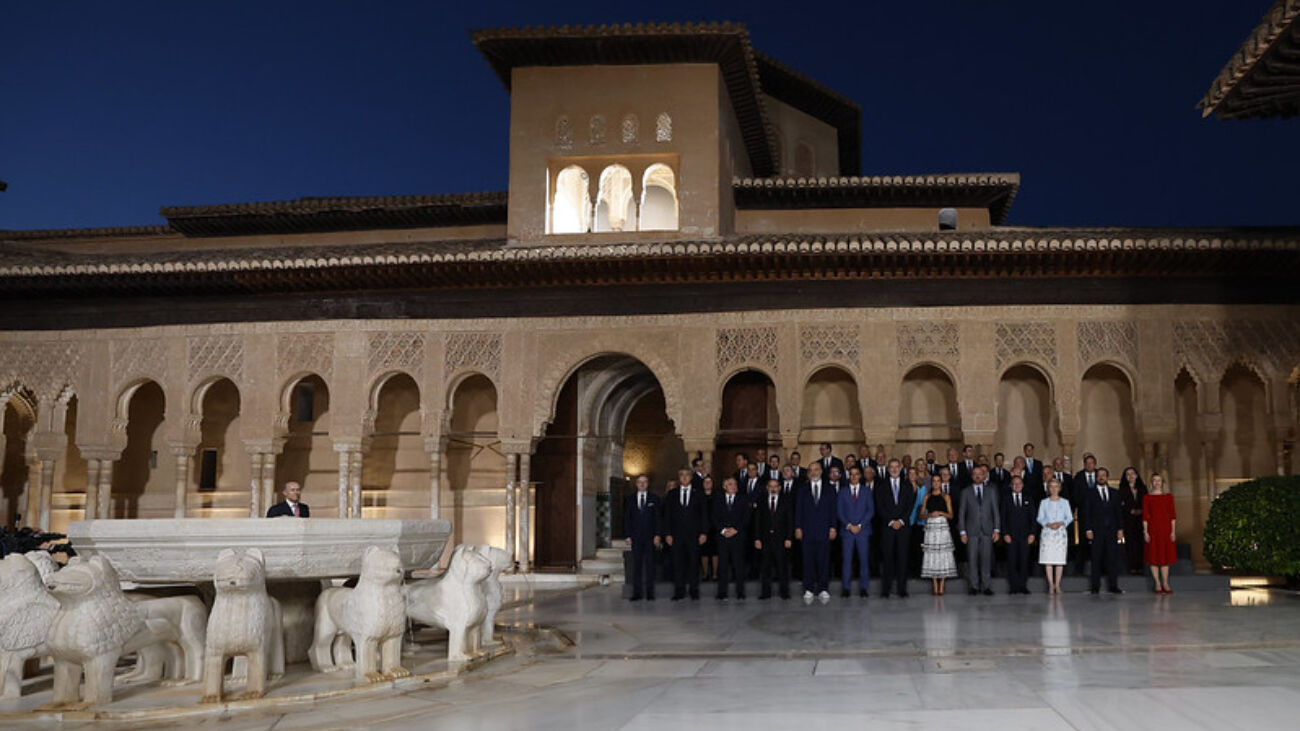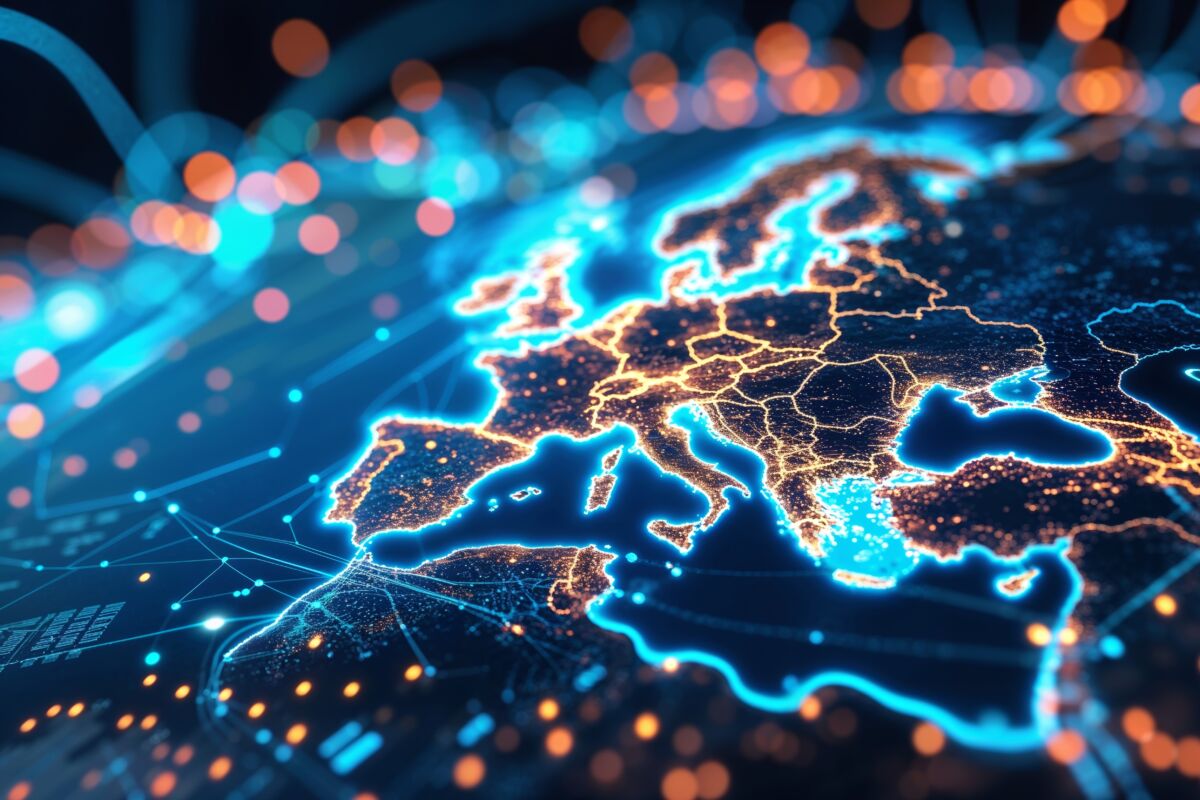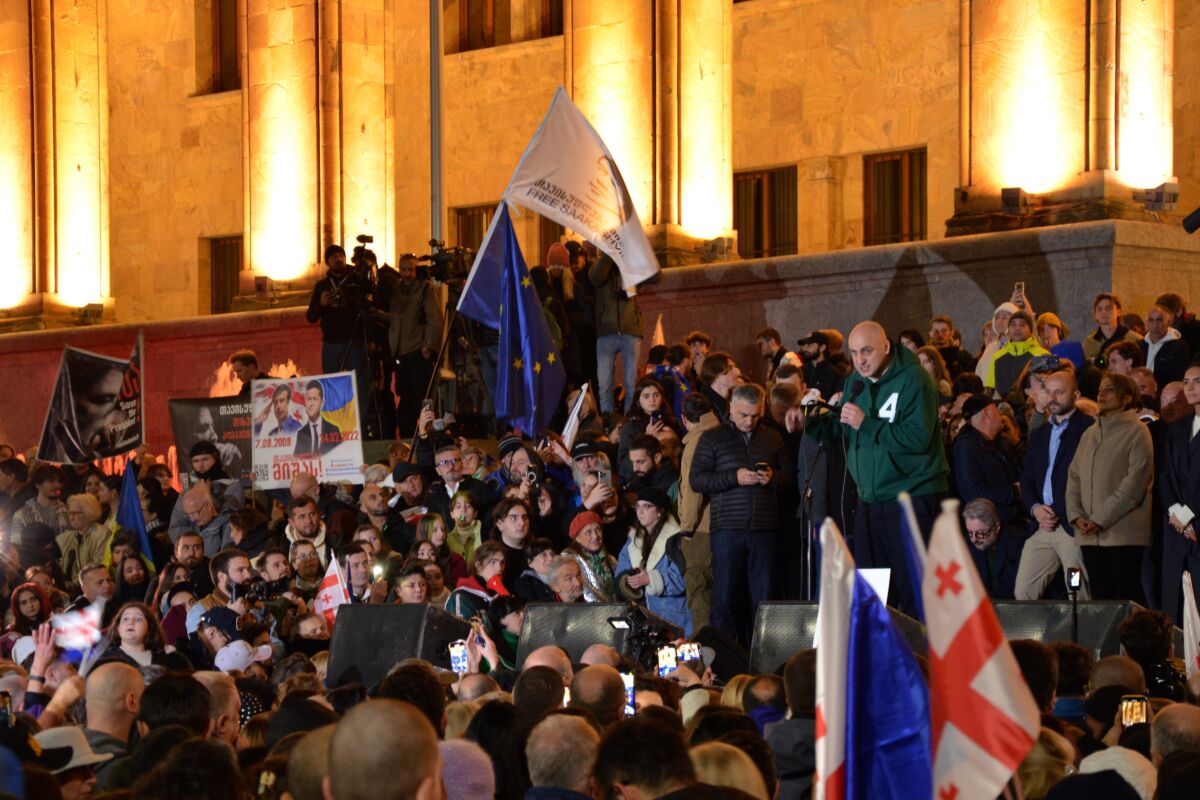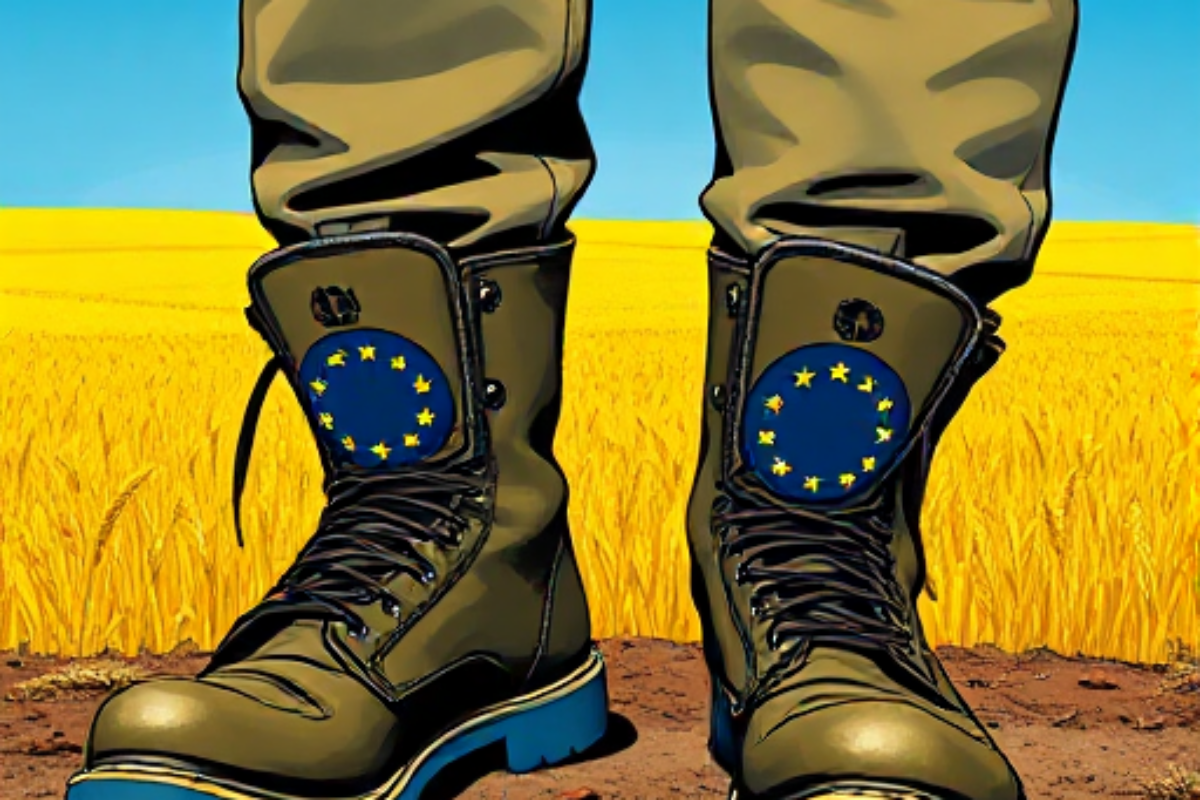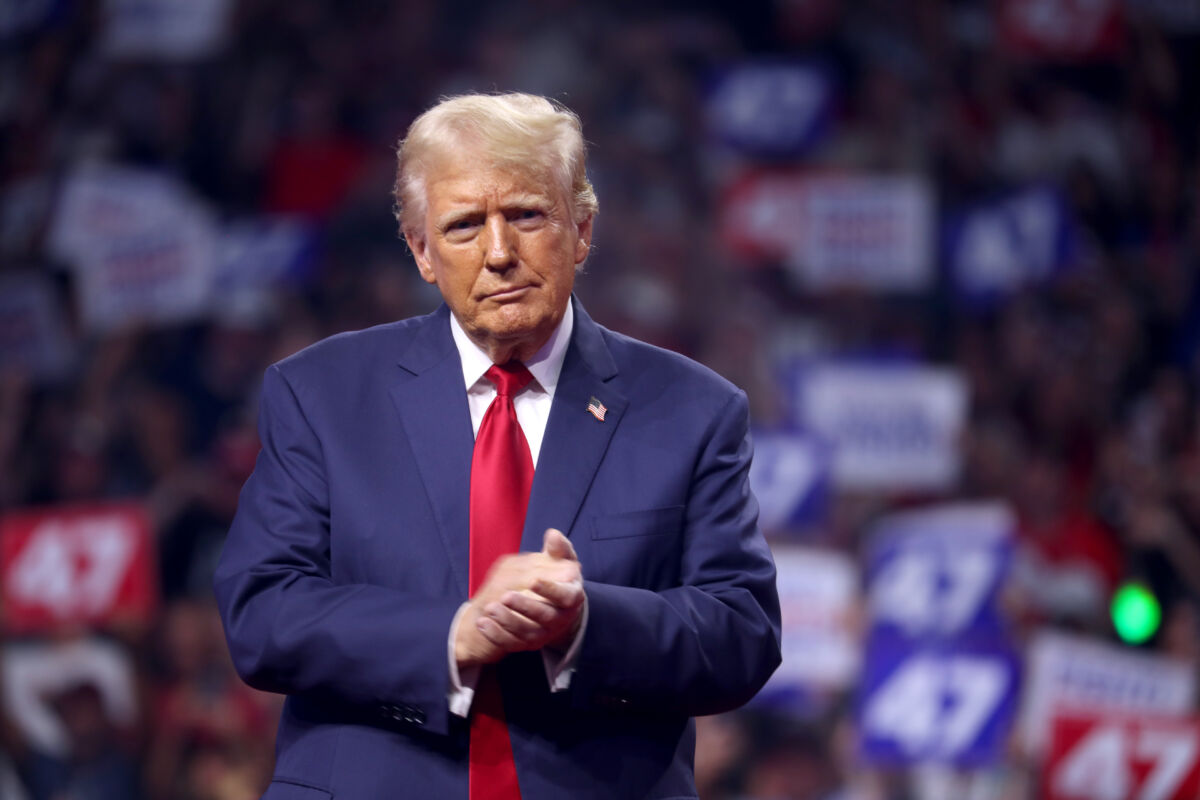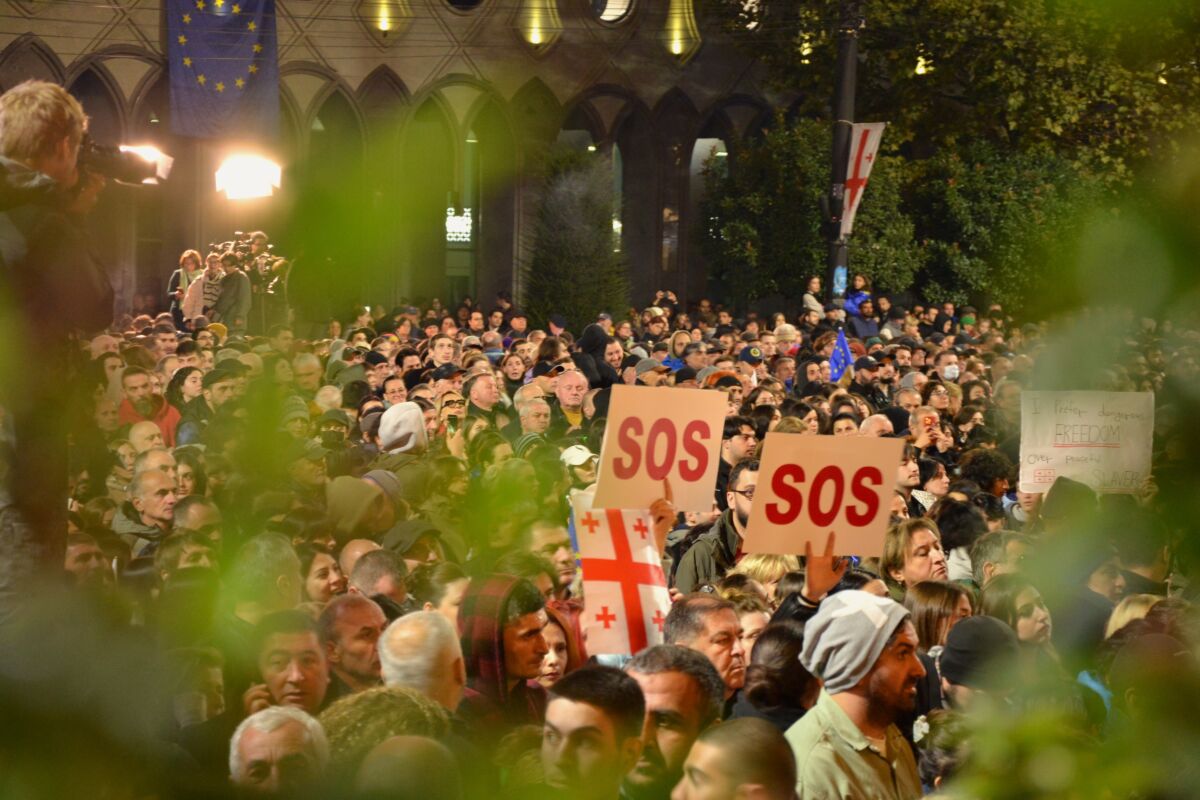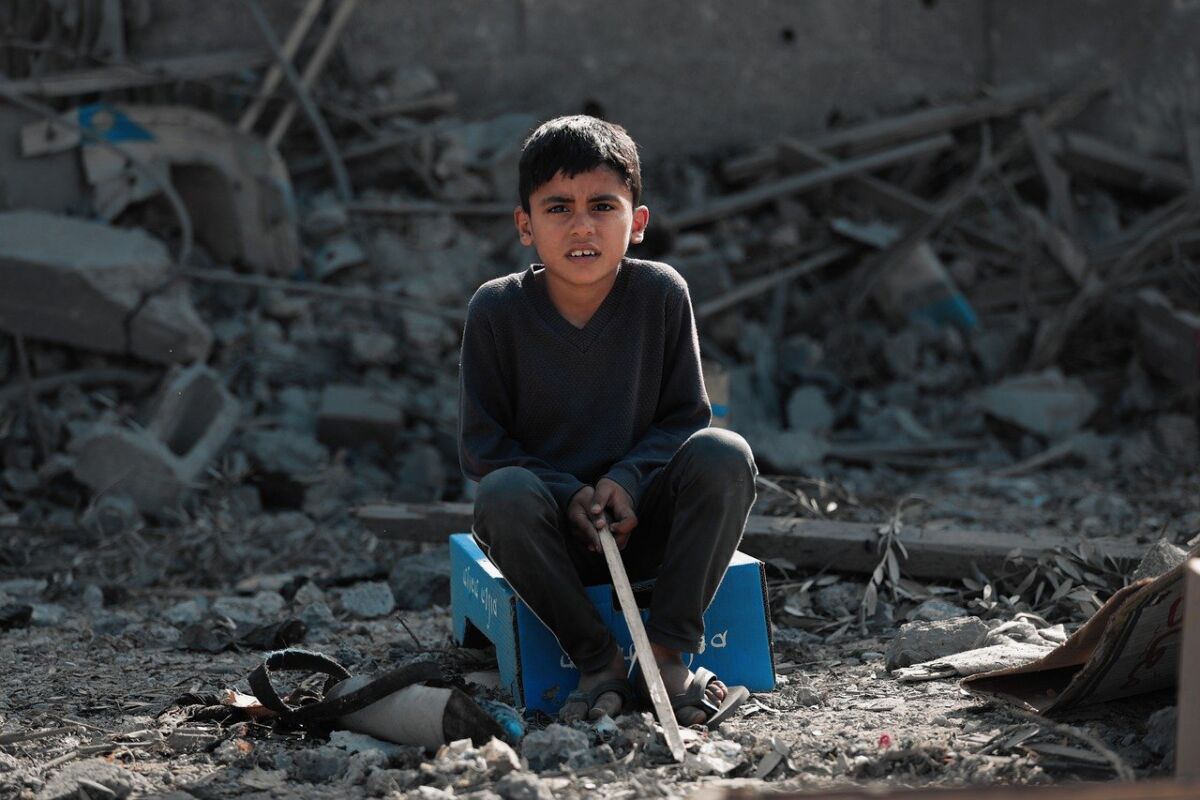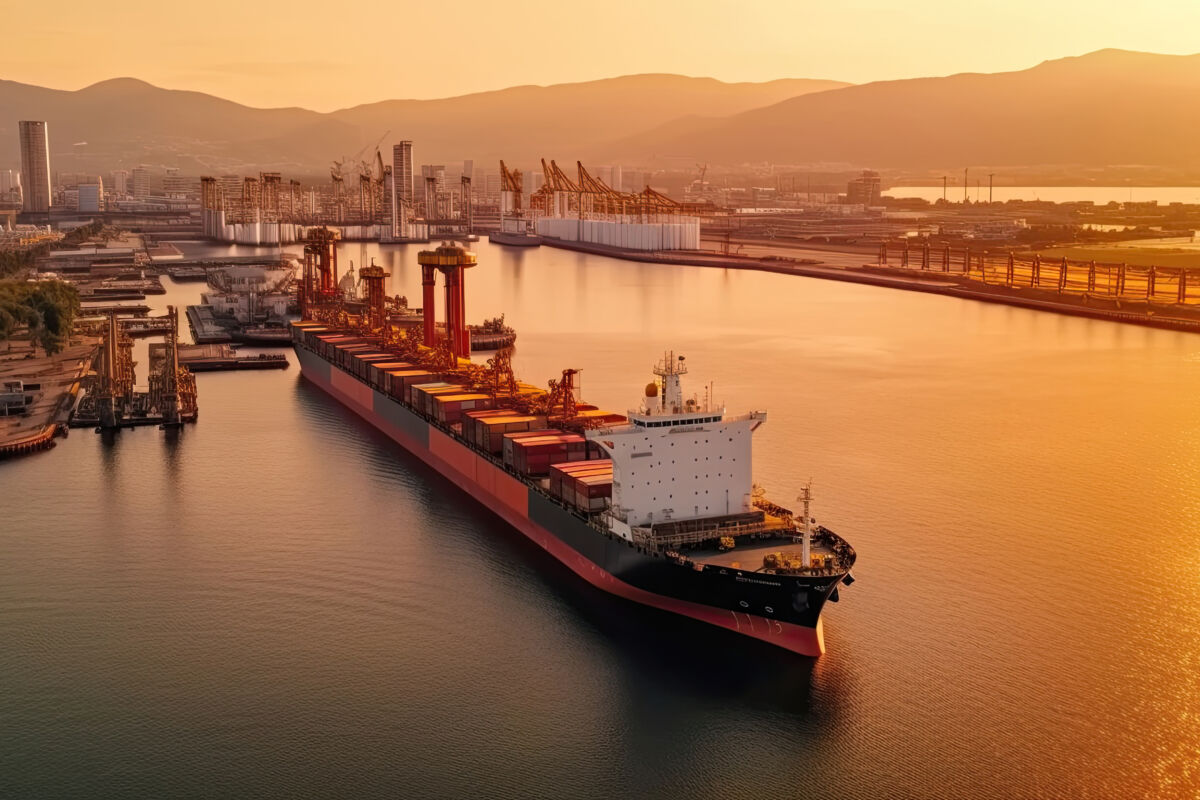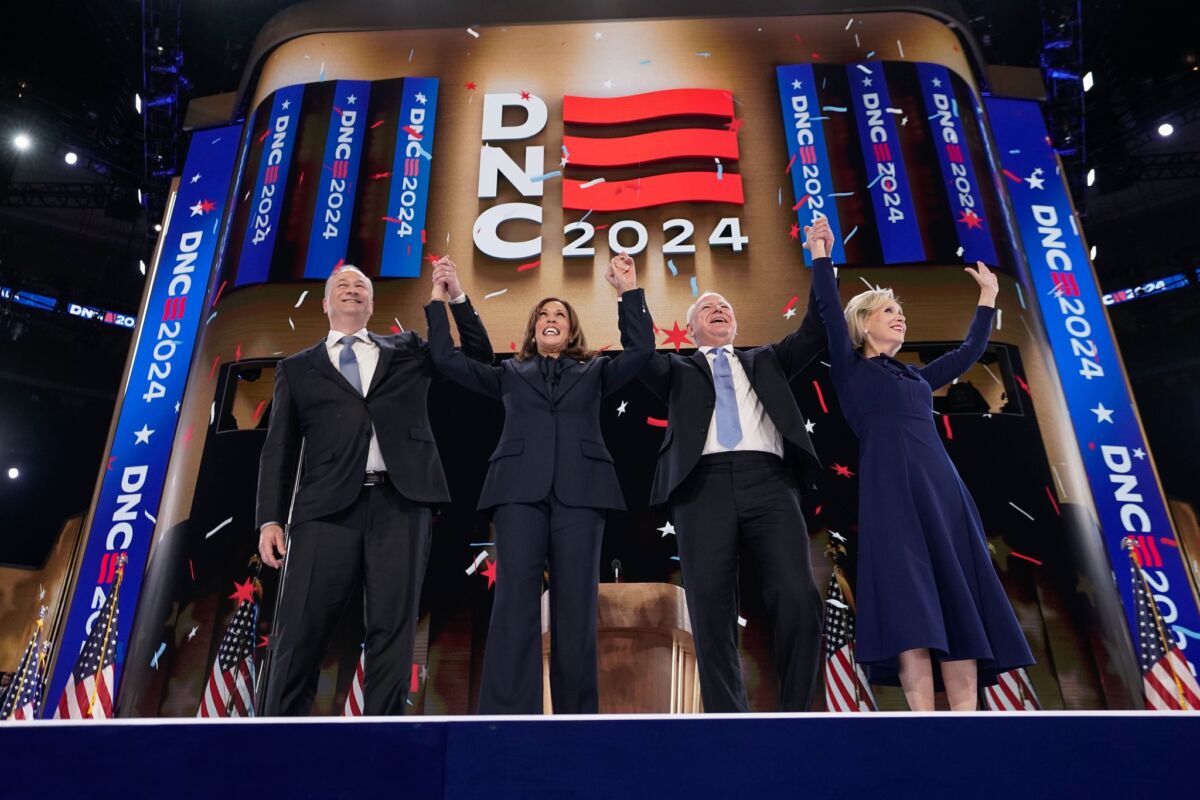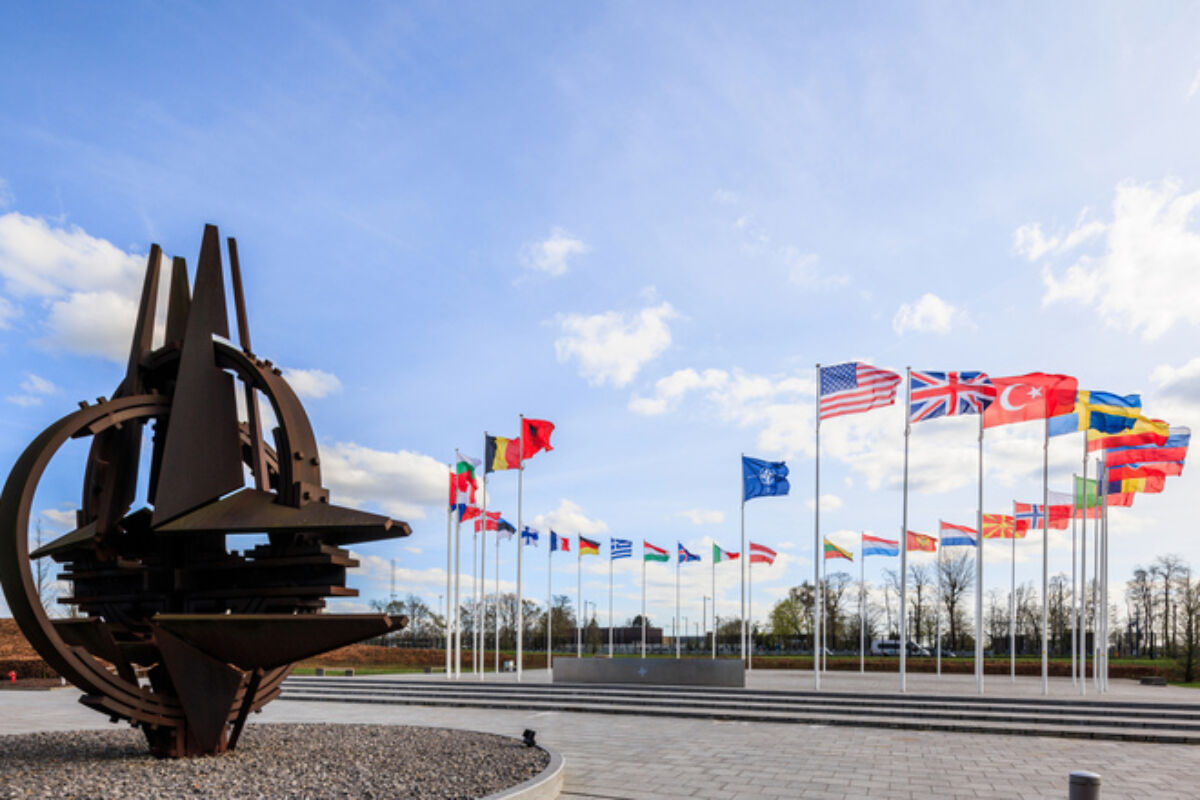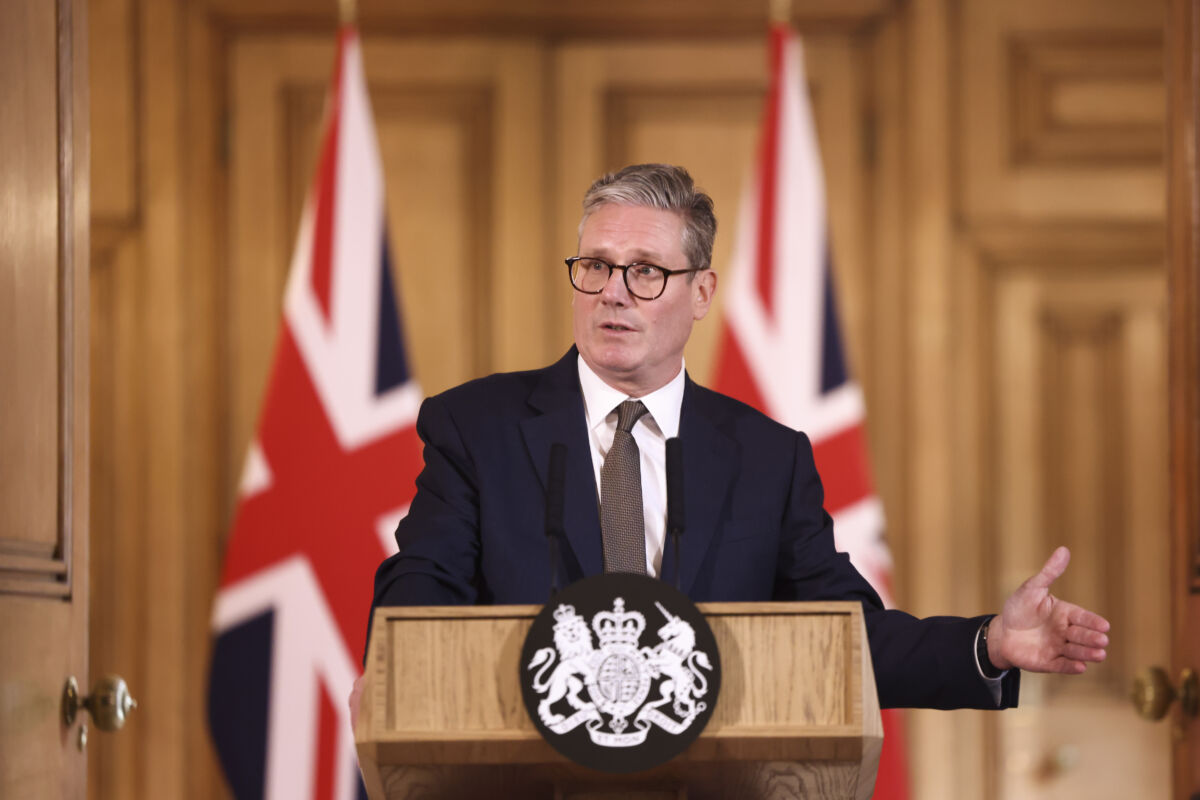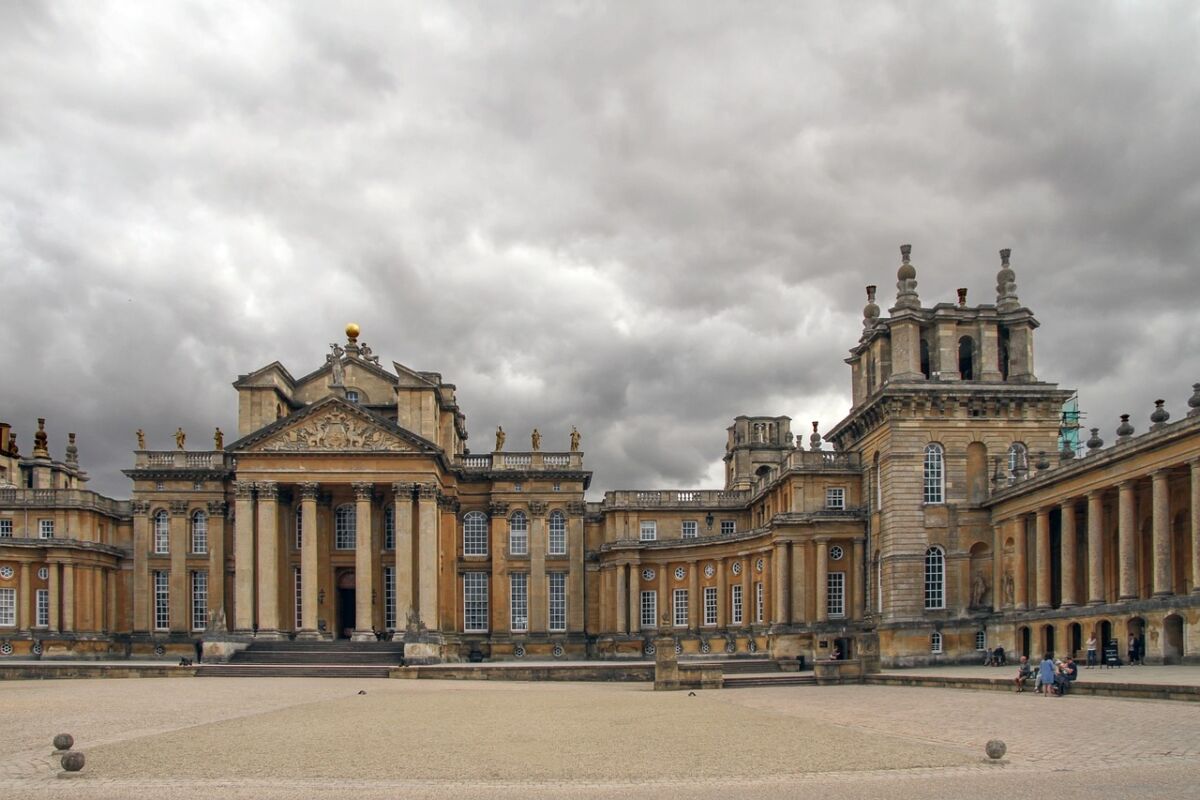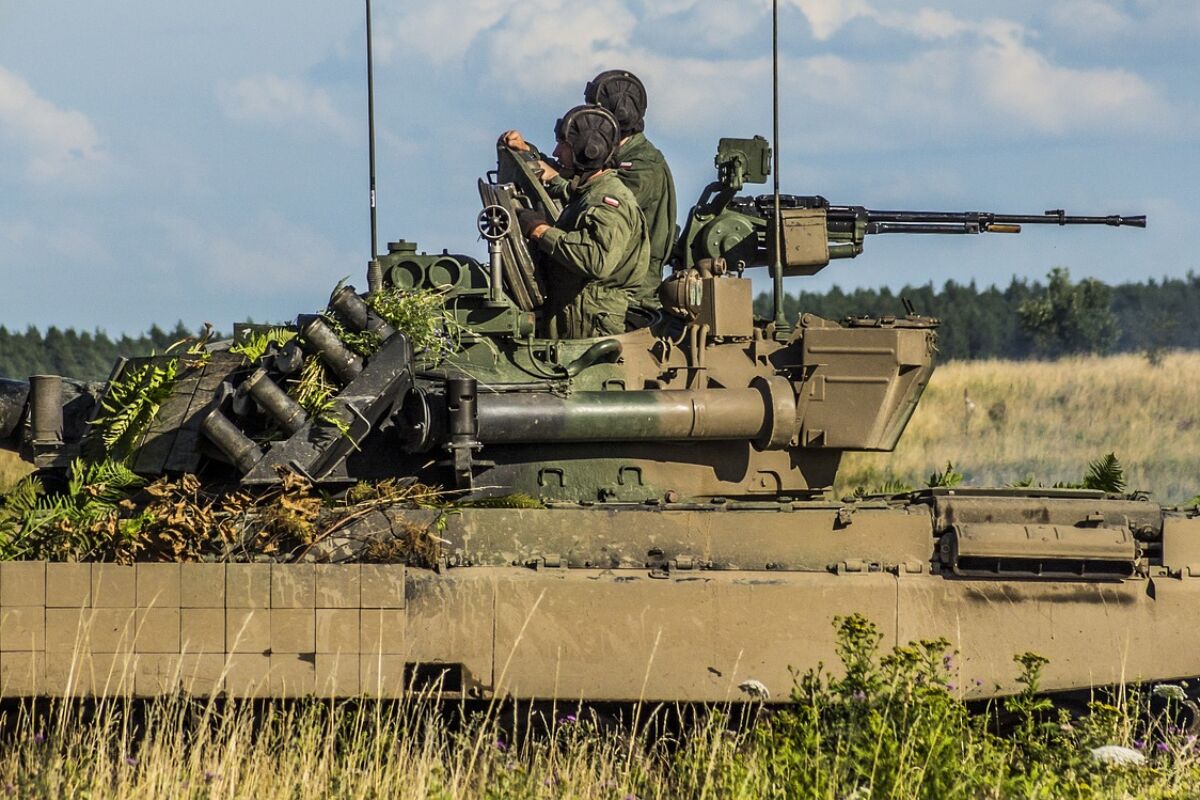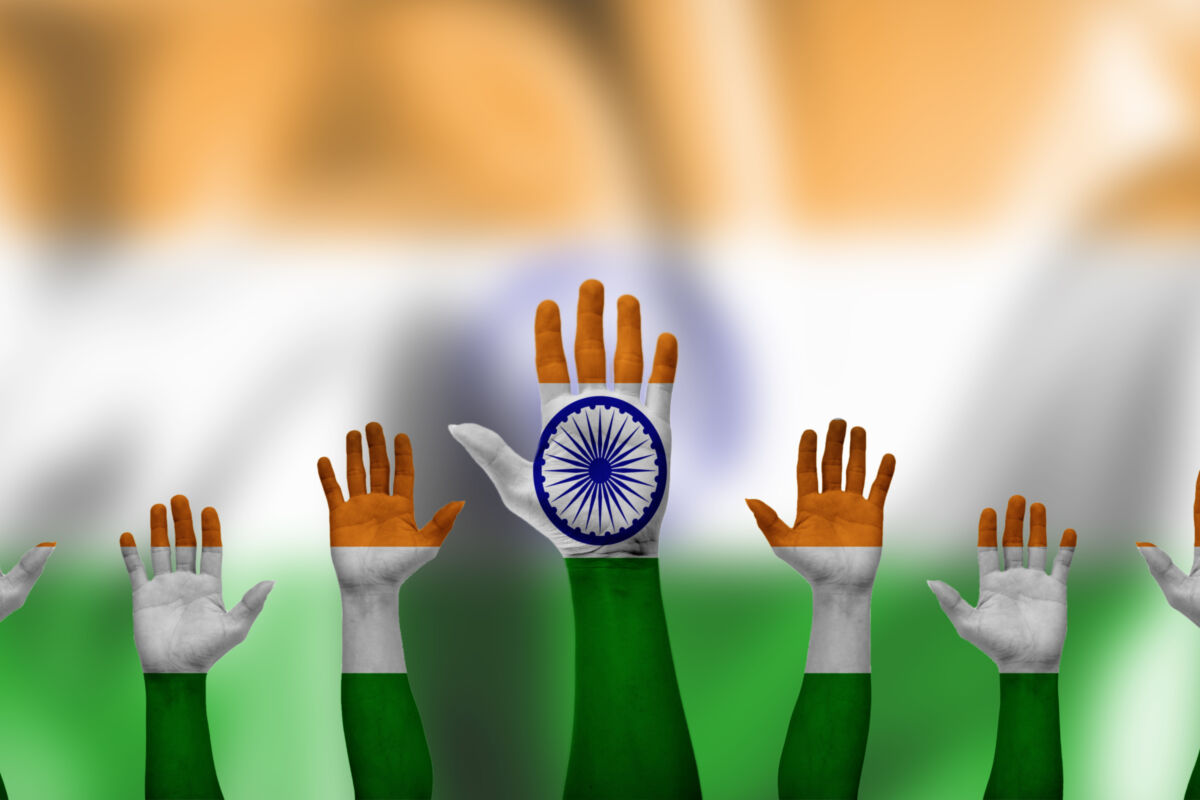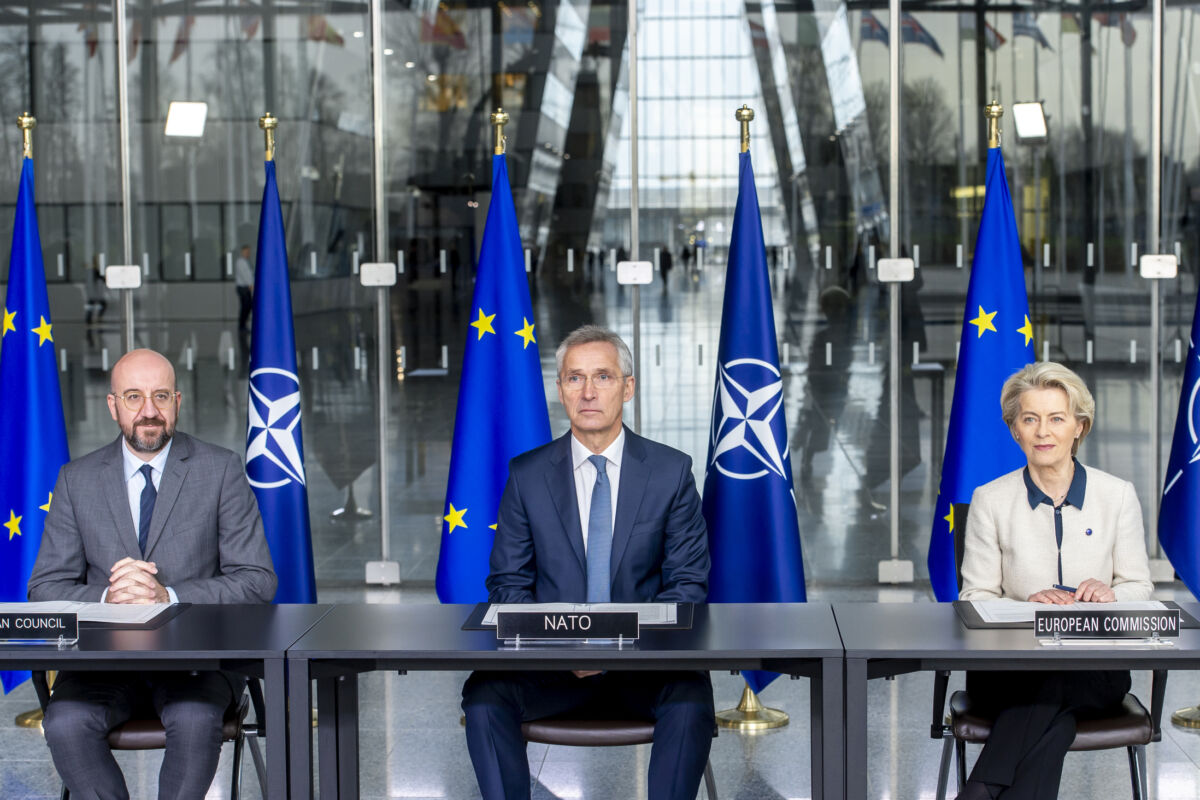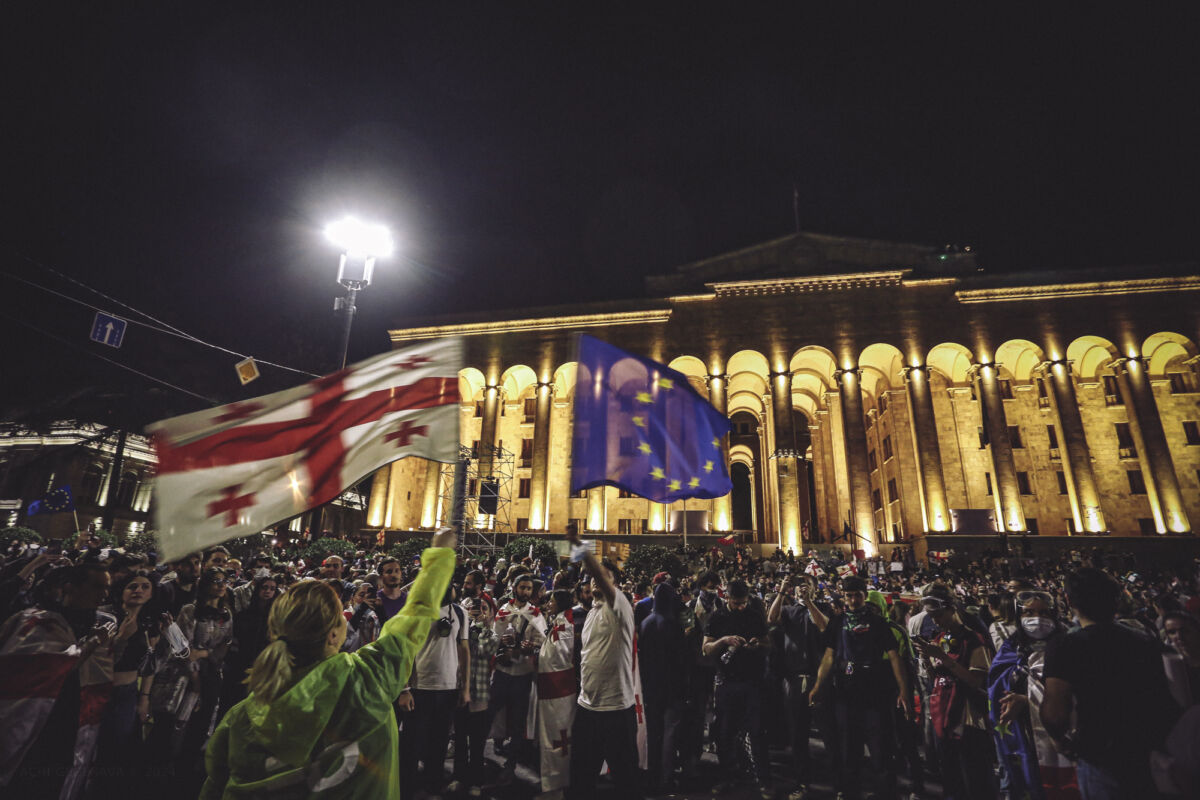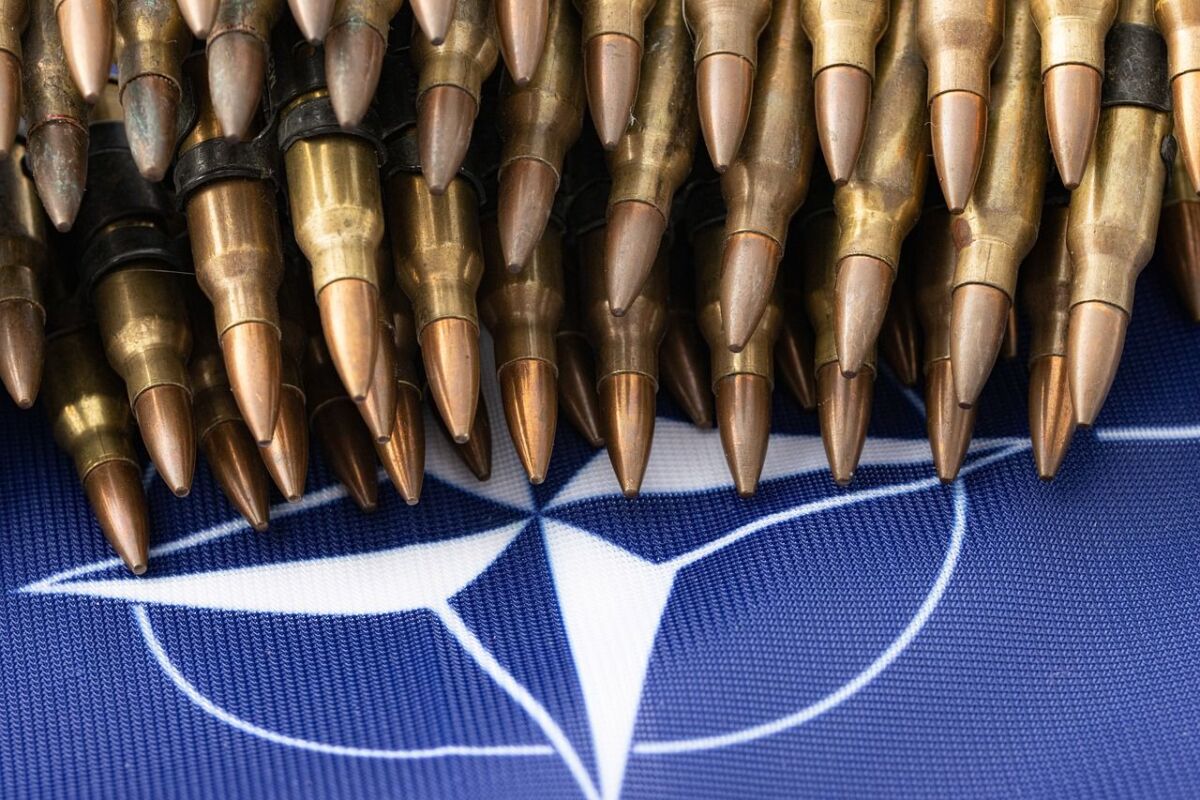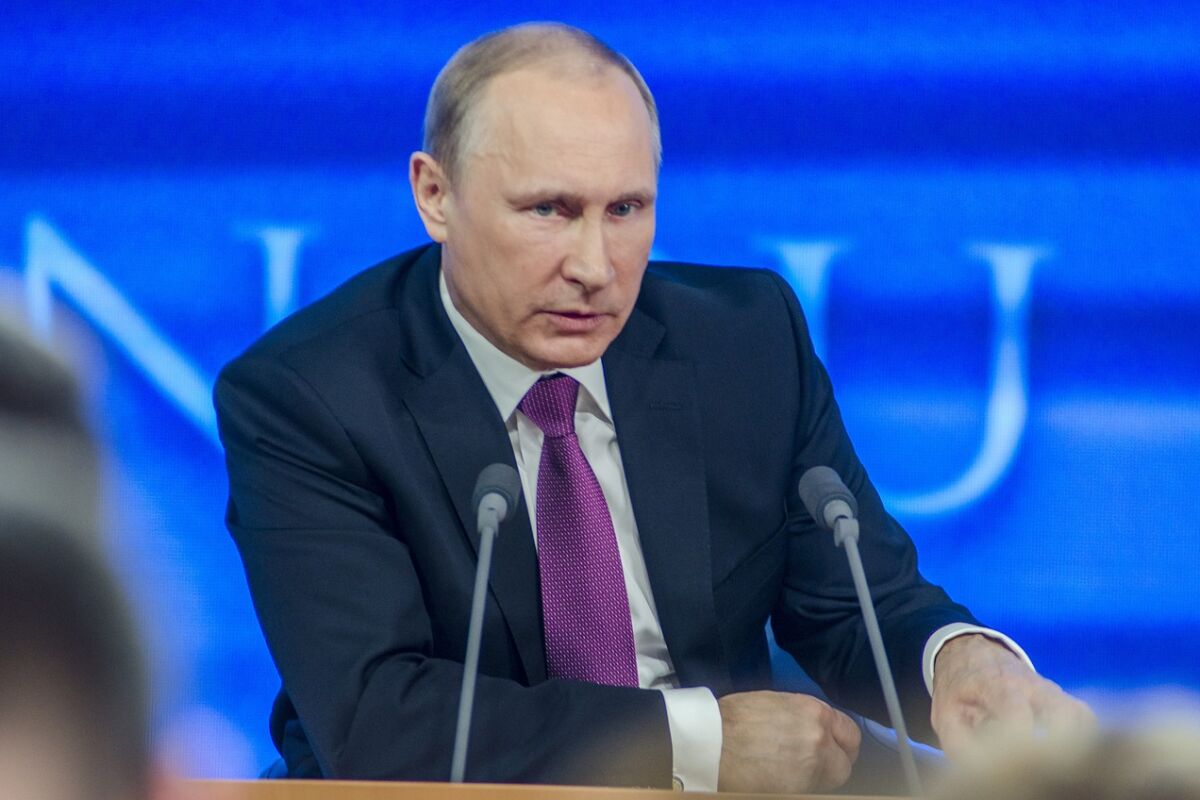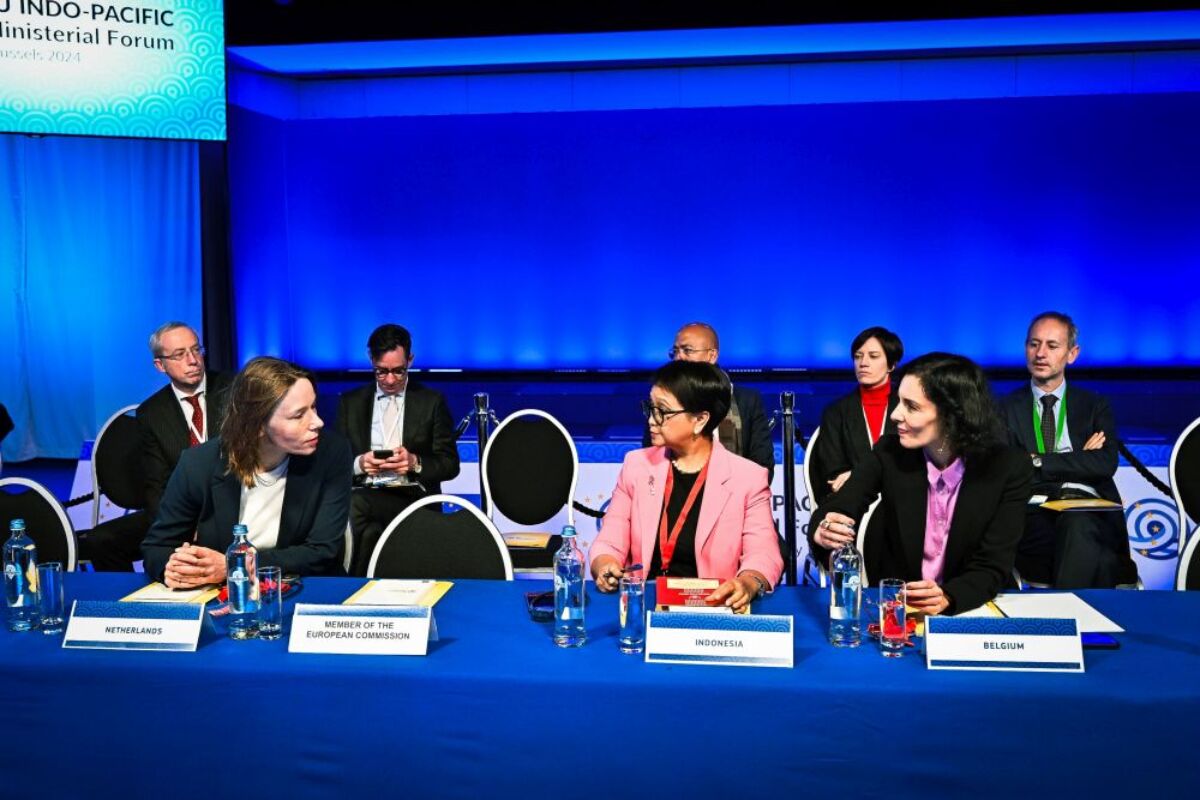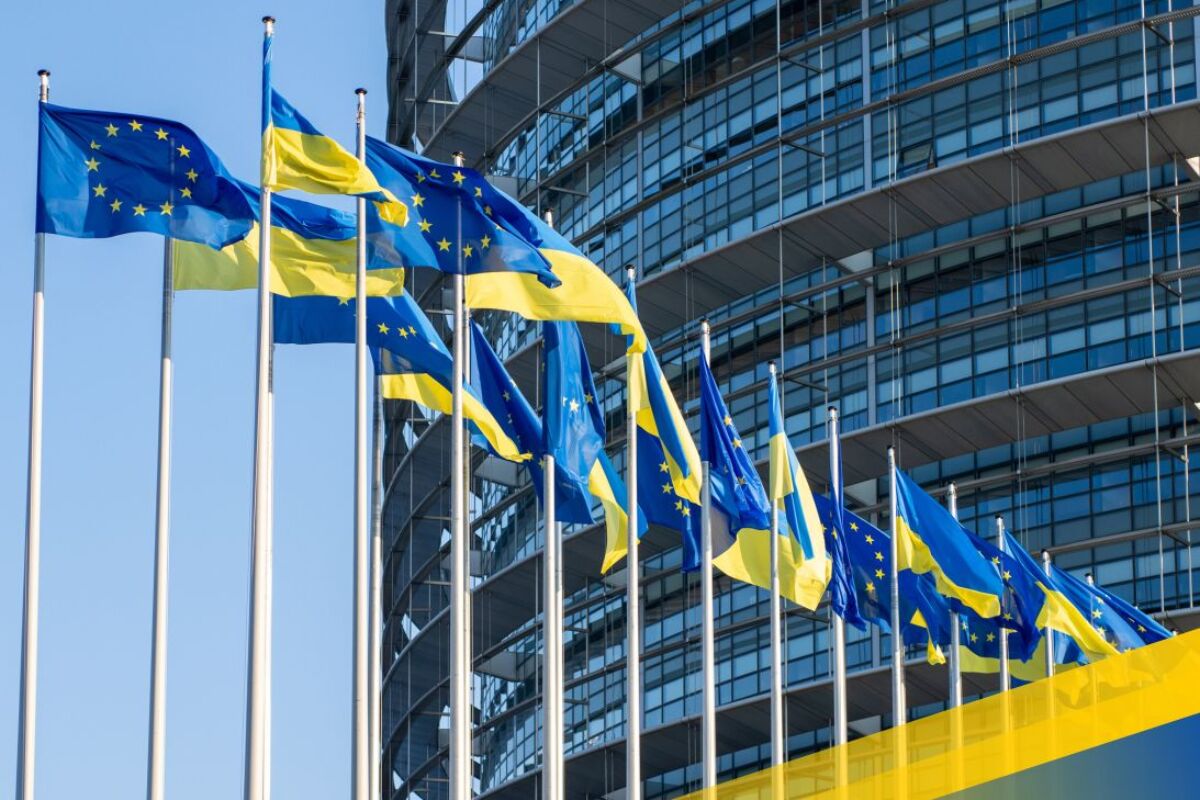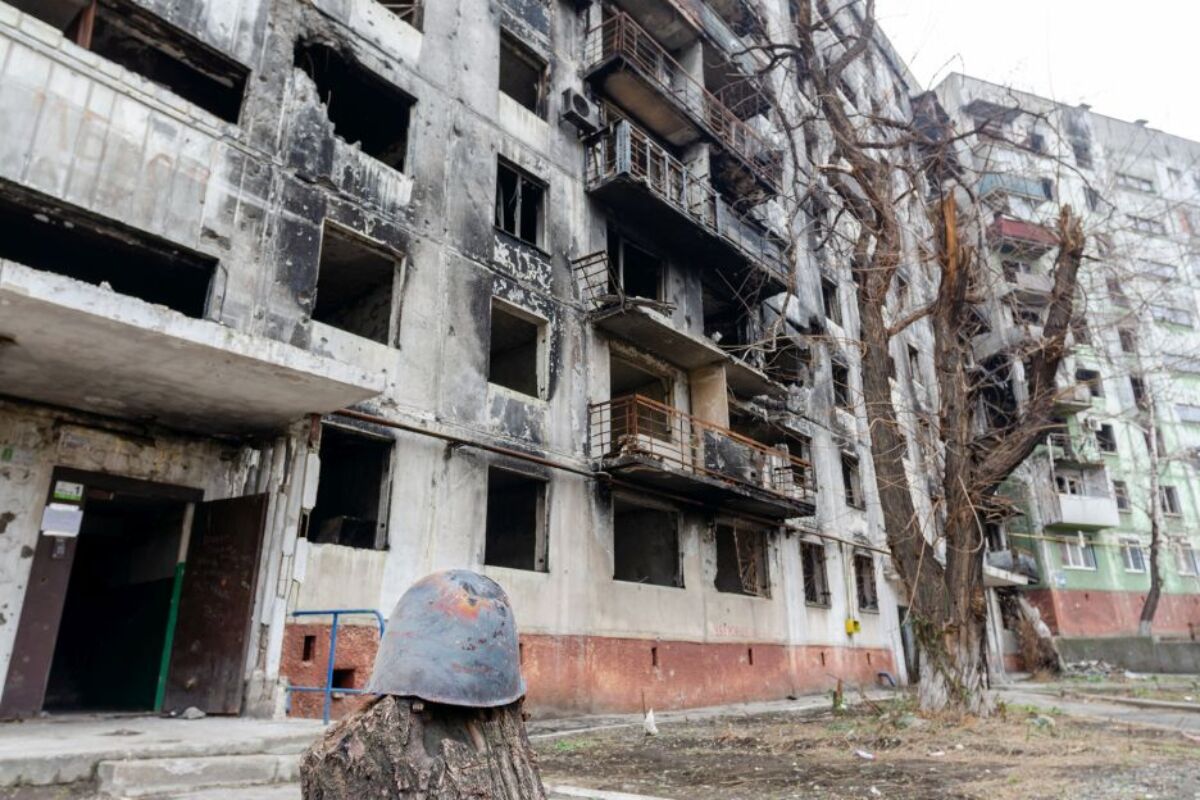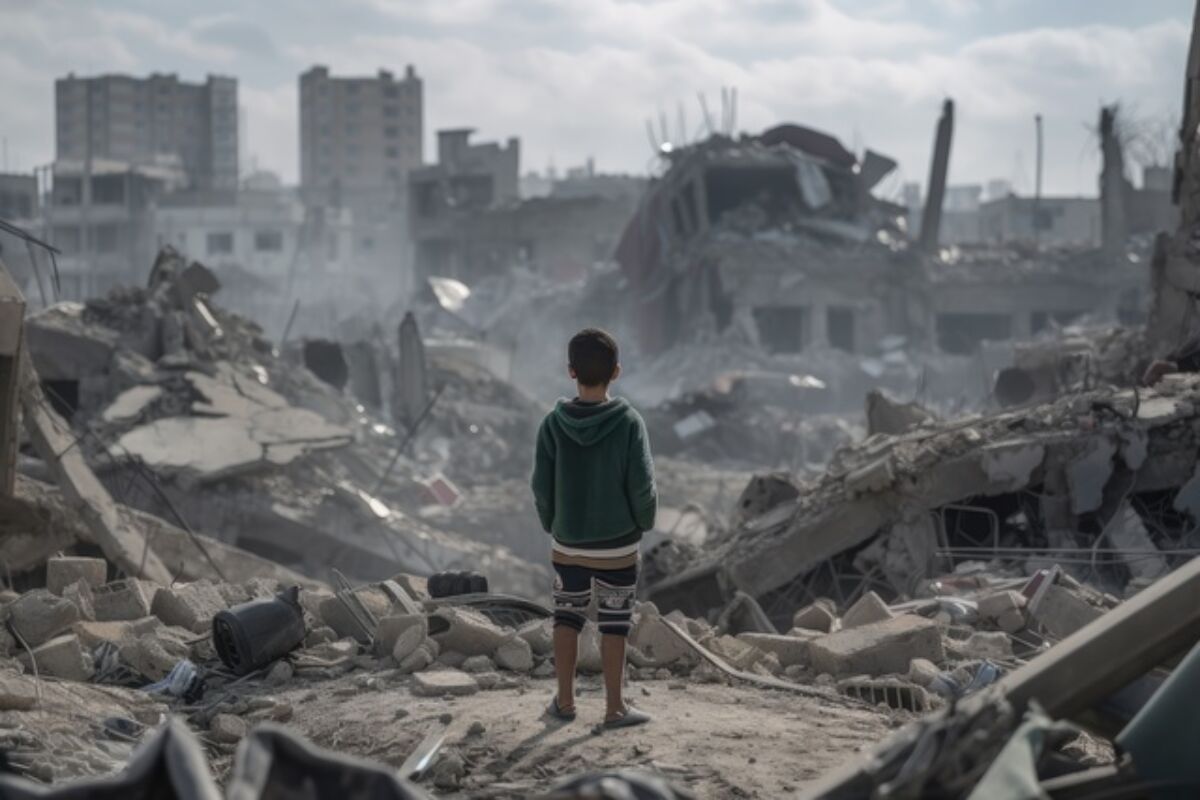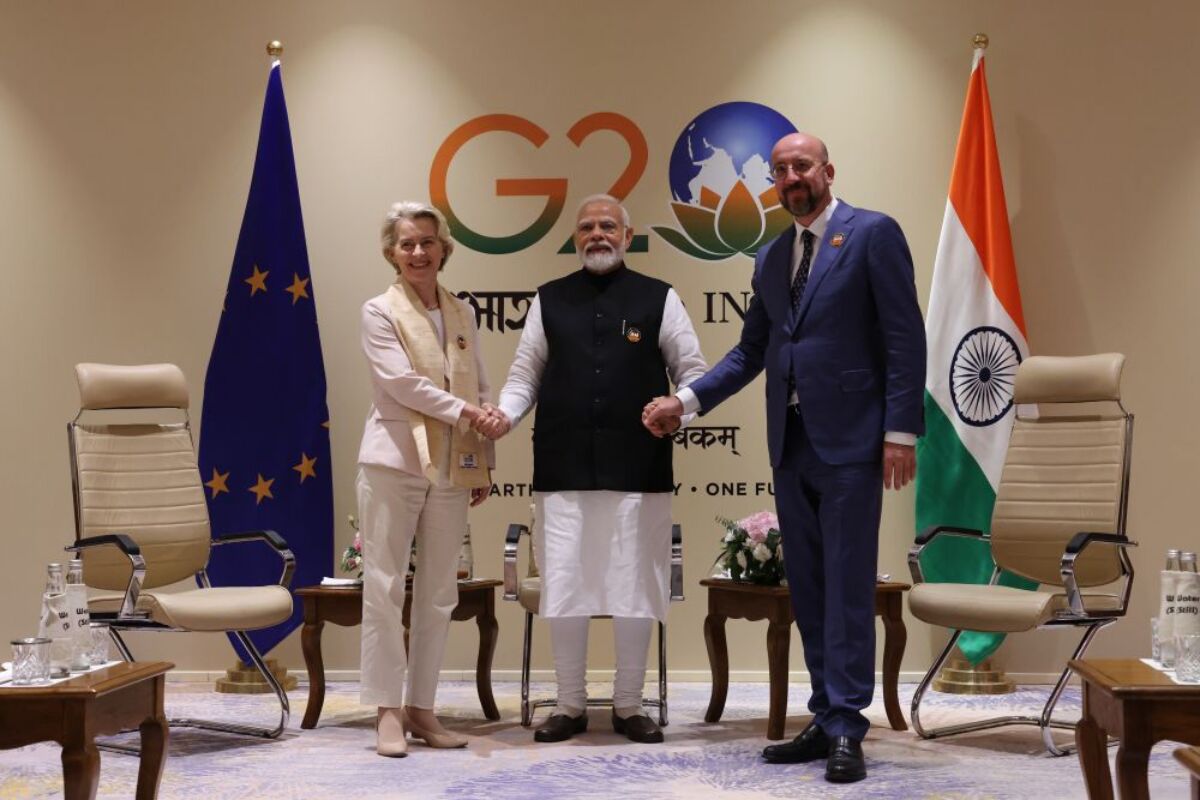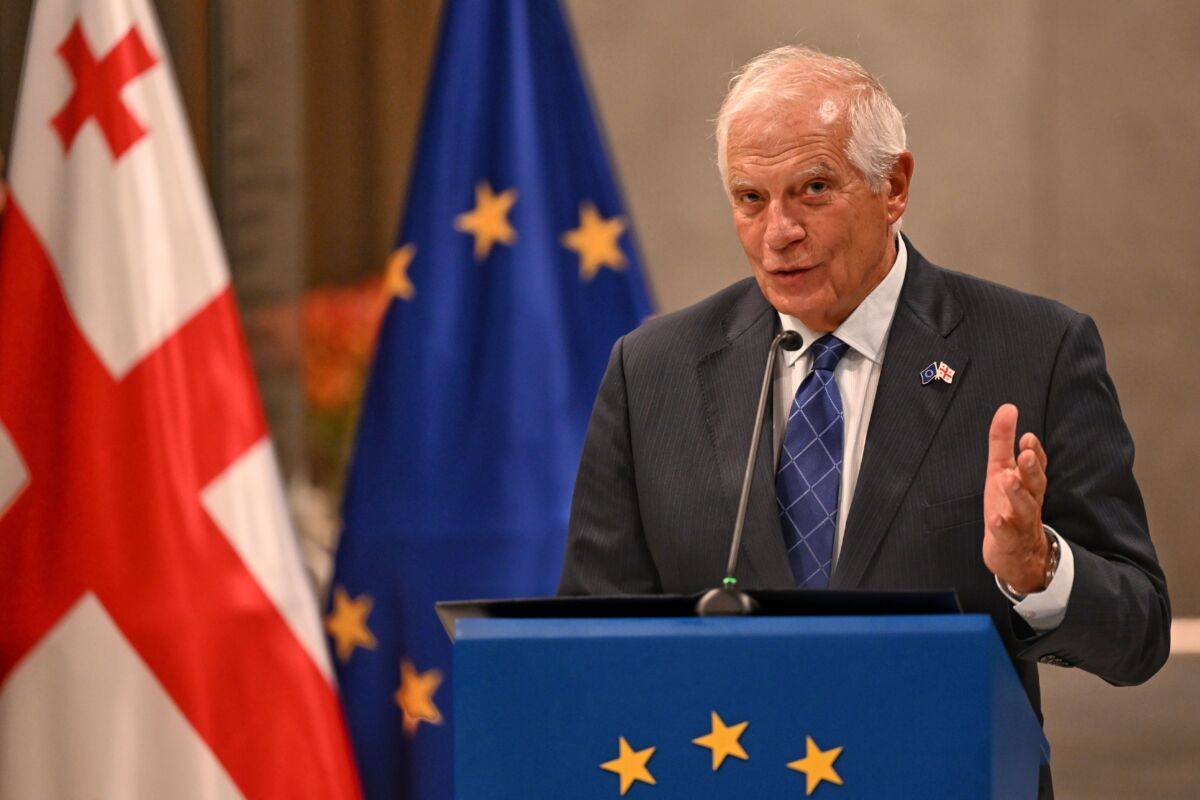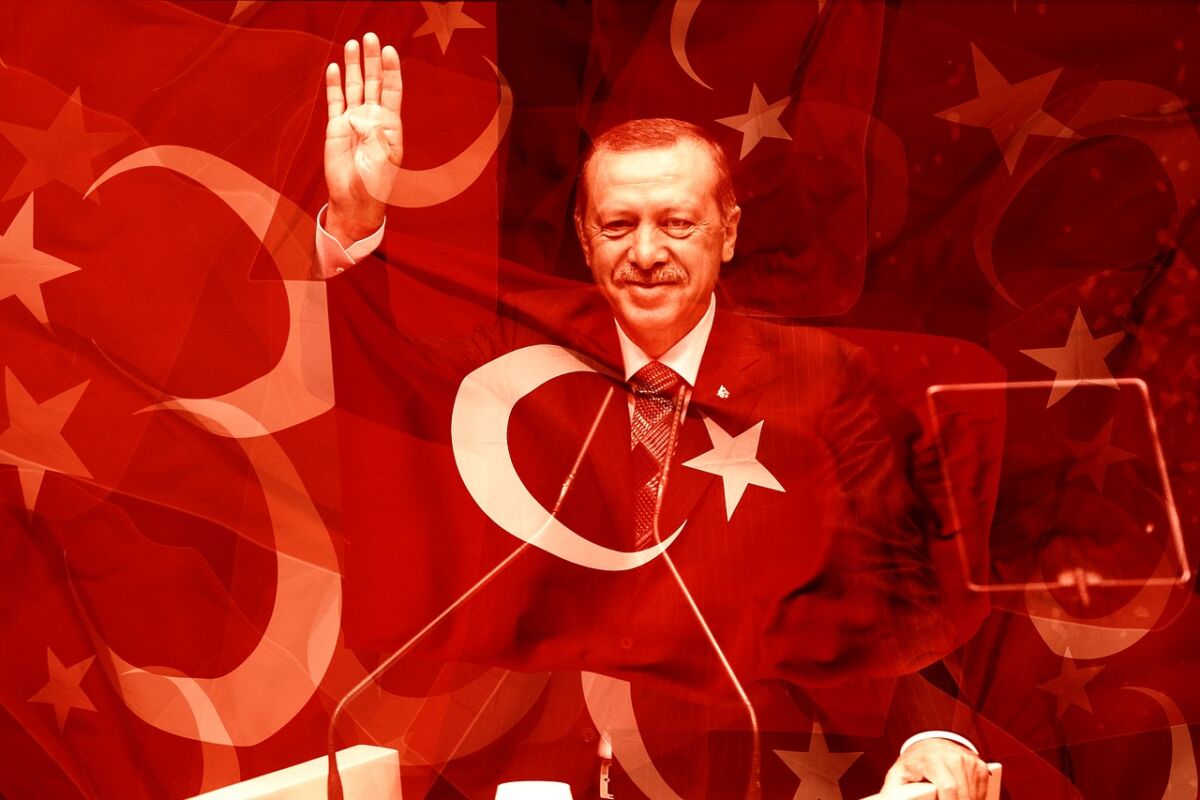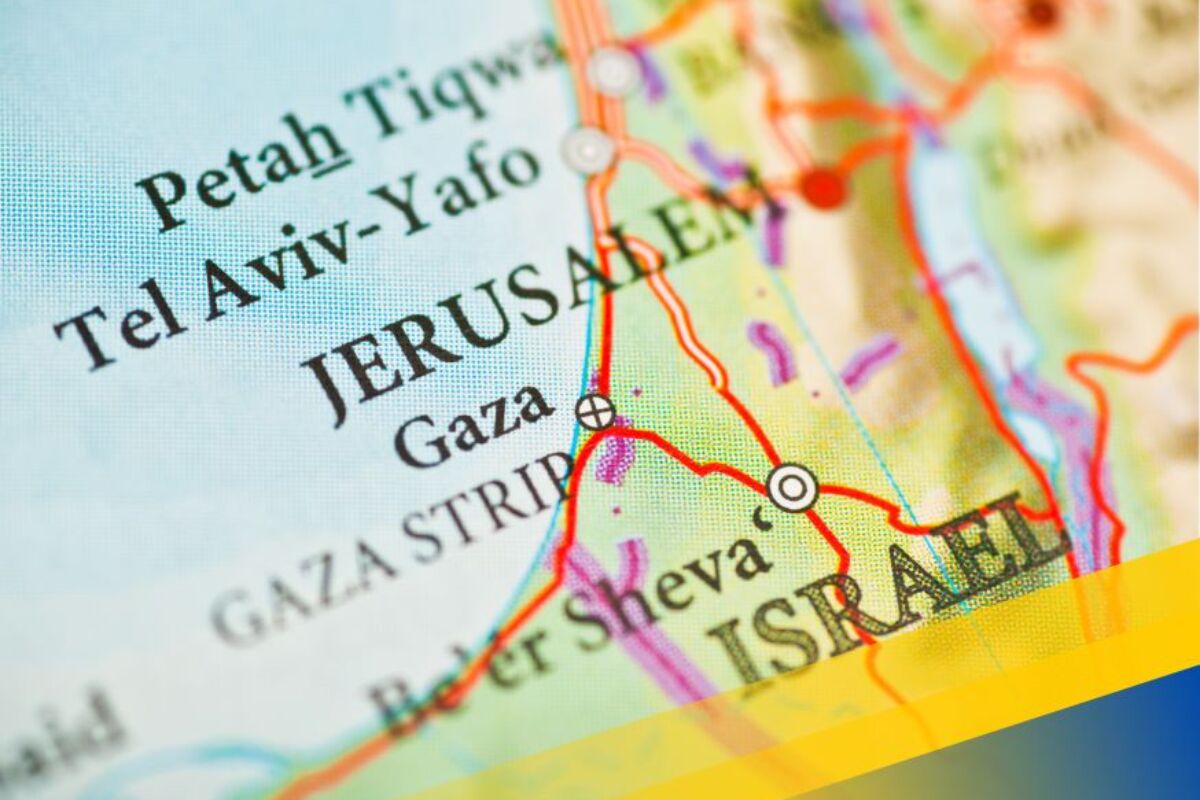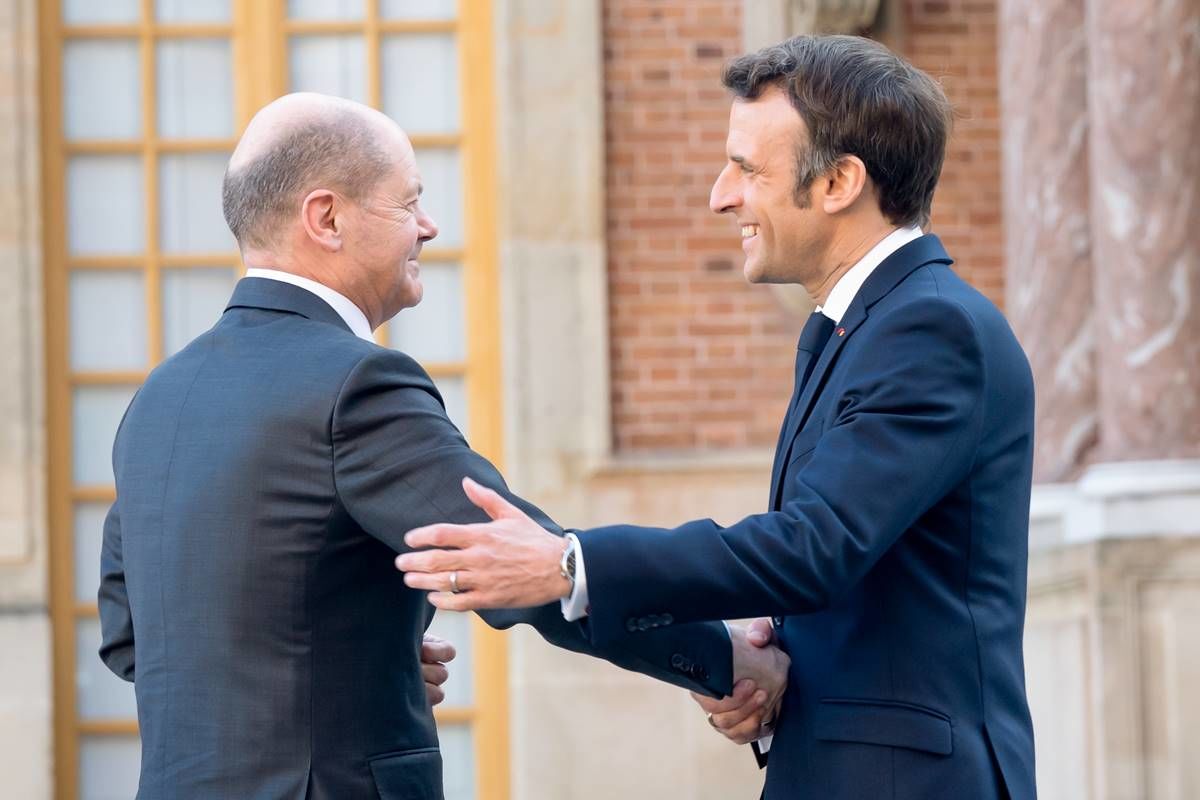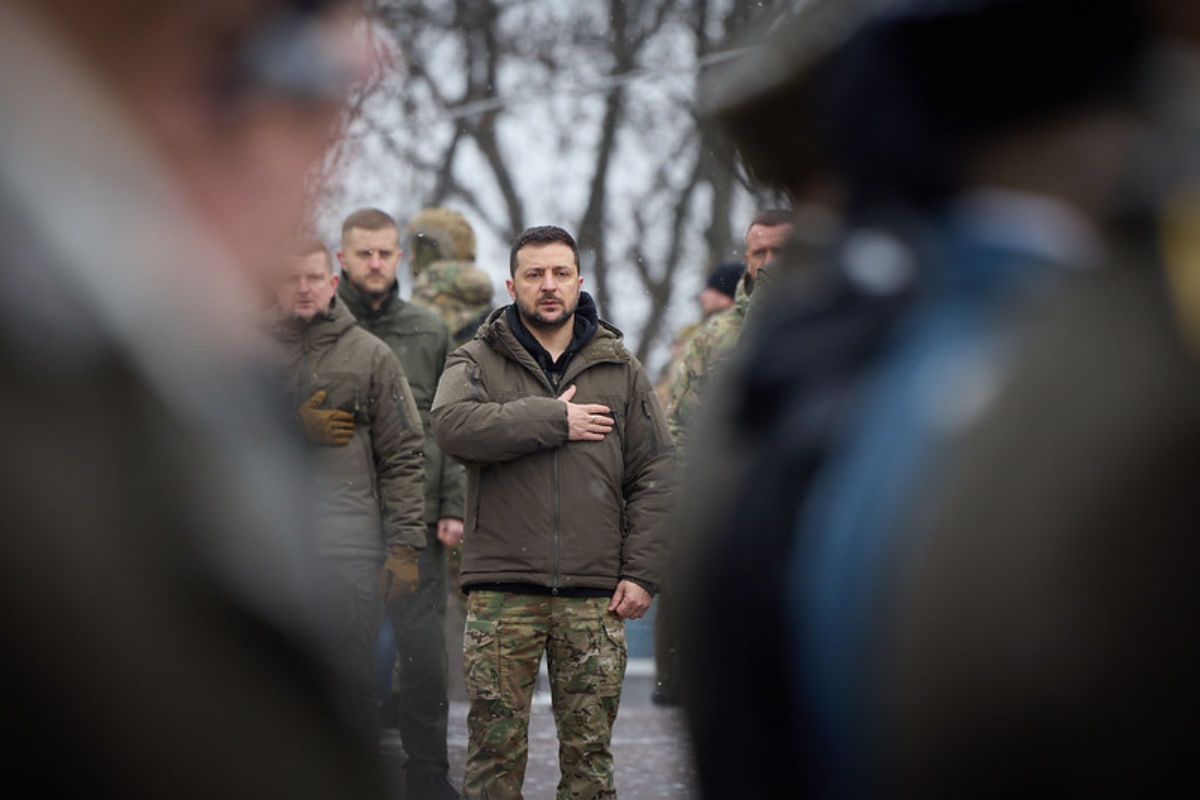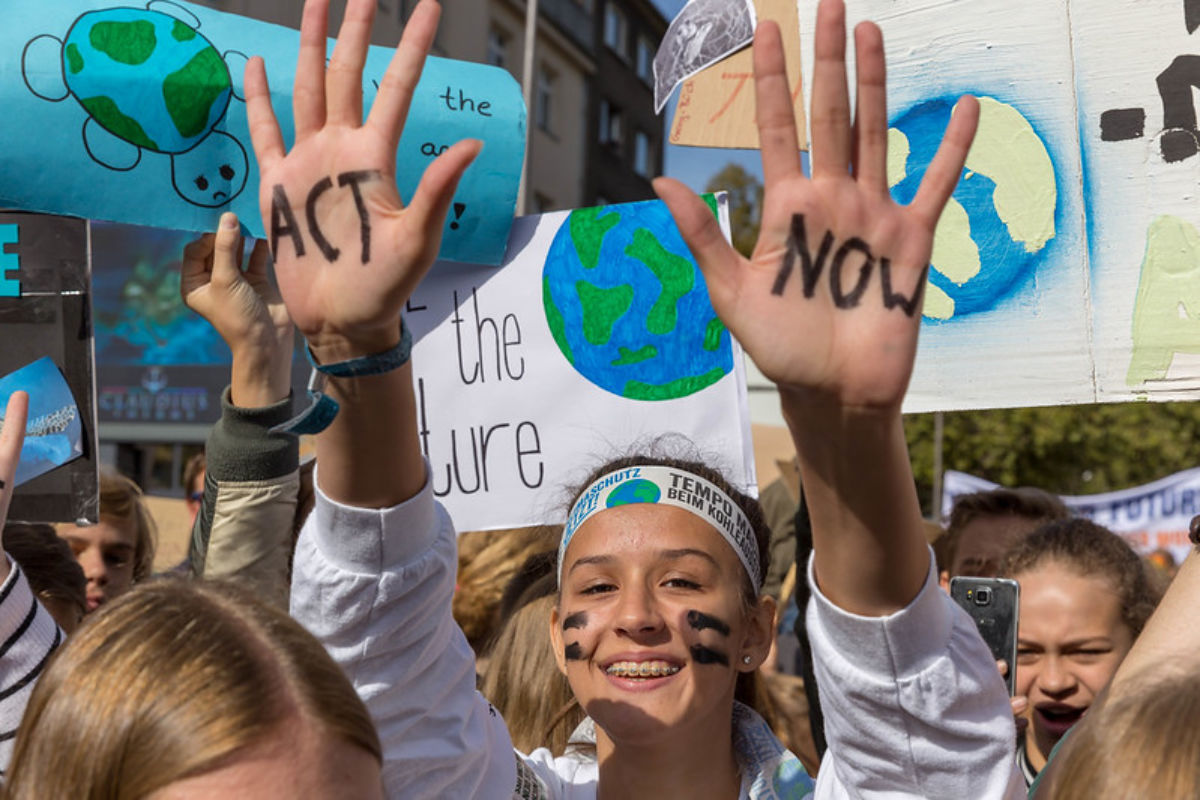Often characterised as a European UN General Assembly, a marketplace for ideas and unscripted speed-dating between leaders of nearly 50 countries and four EU bodies, the European Political Community (EPC) is increasingly rudderless and unable to meet expectations.
President Macron’s brainchild, the EPC was inaugurated one year ago during a summit at Prague Castle to serve as a photo opportunity to signal a Europe-wide rejection of Russia’s full-scale invasion of Ukraine. The EPC’s core message was amplified at a second summit at ‘Chateau’ Mimi in Moldova, a country itself divided by conflict and various tensions for decades.
In the absence of a pre-negotiated joint declaration, the mere image of 49 leaders, and a cameo appearance by the Belarusian opposition leader in exile, Sviatlana Tsikhanouskaya, gathered for a third meeting at the historic Alhambra Palace would never have impressed President Putin more than simply receiving an unwritten postcard from lost acquaintances on a sightseeing trip to beautiful Granada.
Death in Granada?
The caretaker Spanish government decided to host the third summit of the EPC on the eve of the informal European Council meeting of EU heads of state and government. Three roundtable discussions on (1) digitalisation, (2) energy, environment, and the green transition, and (3) multilateralism and geostrategy were foreseen to expand coordination and consultation to the wider European level on the priorities of the Spanish rotating presidency of the Council of the EU. As such, the EPC summit was made subservient to that of the European Council.
Despite a record turnout of leaders, the EPC Summit suffered from the absence of Turkey’s President Erdoğan, his second in a row, and Azerbaijan’s President Aliyev, the instigator of another armed offensive in Nagorno-Karabakh that has caused over 100 000 Armenians to flee and require humanitarian assistance. Kosovo’s powerful Prime Minister, Albin Kurti, also abstained again, protesting Serbia’s alleged involvement in the 24 September 2023 attack in northern Kosovo. Kosovo’s President, who holds a largely ceremonial function, attended in his stead, but refused to meet Serbian President Aleksandar Vučić. The Granada summit was therefore held in a markedly different spirit compared to the EPC summit in Moldova just four months prior.
Moreover, in a turn of events, attention shifted from taking continued support to Ukraine’s defence for granted to seeking the EU’s renewed commitment to maintaining that support in light of debt ceiling-related news out of Washington that its (primarily military) support could be on the chopping block. Notable was the warm welcome given to President Zelensky, but also the absence of any common statement or concrete initiatives.
Because the Granada summit failed to make any noteworthy progress in resolving a growing number of simmering and boiling conflicts on the continent, it upped the urgency for EU leaders to show other commitments. President Macron put on a brave face by announcing plans to bolster cooperation on cyber-crime across Europe. Despite the great potential to boost resilience and connectivity across Europe, EPC participants did not deliver on initiating other projects. Instead, conference chatter revolved around deliberation on the EU’s enlargement framework and the necessary institutional reforms that might require, as well as the EU’s migration pact during the following day’s informal European Council.
Notwithstanding the Spanish Presidency’s attempts to keep migration off the agenda, the UK and Italy set up an unforeseen roundtable to discuss a series of political initiatives with France, Albania and the European Commission on anti-trafficking in transit and departure countries. The UK also agreed deals with Belgium, Bulgaria and Serbia to increase intelligence-sharing and operational cooperation on organised crime.
Presumably in response to the UK’s perceived intransigence, Spain abruptly cancelled the final press conference, the expected highlight of the summit for about 700 journalists which was meant to include statements about summit outcomes and formally mark the handover of the EPC Presidency to the UK, which will host the gathering in March 2024.
An unidentified political object
As the EPC enters its second year of existence, a general sense prevails of its waning relevance. Without a mission statement, the adoption of final summit communiqués, the presentation of concrete deliverables and proof of credible implementation, maintaining a biannual ritual of an expensive and inconclusive mega-gathering becomes an increasingly hard proposition. ‘Braindead,’ some might quip.
This is a particularly damning conclusion in what was supposedly the EPC’s core business – holding strategic conversations about maintaining a form of European security order, peace and stability on the continent. Without a collective understanding of the basic principle of non-aggression in international relations, the EPC loses its raison d’être and will only be defined by the implementation of initiatives launched by minilateral groupings of leaders who use or abuse the format in pursuit of narrower political goals.
The UK and Azerbaijan may be the most pronounced actors in this respect: the former for advancing Brexit Britain’s anti-immigrant agenda; the latter for trying to whitewash war crimes and obtaining more favourable terms in a ceasefire agreement with Armenia, having moved the territorial goalposts in Nagorno-Karabakh since the Moldova summit and refusing to engage with France at the Granada summit, preferring to do so instead on the sidelines of the EU’s Global Gateway Forum due to take place at the end of October.
The EPC’s added value still lies in creating opportunities for unfiltered dialogue and breakthroughs between leaders who otherwise do not get such occasions to meet. But if the EPC is supposed to be more than just a placeholder for a dysfunctional OSCE and a Council of Europe which is being sniped at from left (UK) and right (Turkey), then a more structured approach is required.
Until further direction is given to the EPC, including on resilience-building and connectivity, the EU should lie low, with the result being the Commission’s coattails growing shorter by the day and European Council President Michel’s reputation as a peace broker ever more in tatters. France, which has been leading from behind and is against further institutionalisation of the EPC, should step up its game to coordinate with and between upcoming EPC presidencies and throw itself behind the undeclared ambition of preparing for reinvigorated forms of multilateralism in Europe.
If not, then the EPC might not survive Macron’s successor to the Elysée, the political whims of summit host countries, or – for better or worse – the end of the war in Ukraine.
* This commentary builds on the data collected in the EPC Observatory

